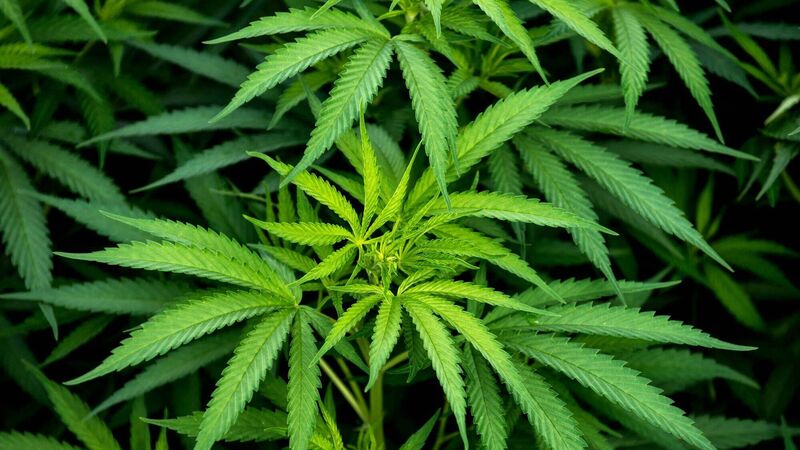Cannabis report: 'There are a huge number of professional people who use cannabis'

Bob (not his real name) says the conversation in the US, Canada, and some European countries is moving beyond the simplistic idea that 'drugs are bad'. Picture: iStock
As a successful businessman in his 50s, Bob [not his real name] does not fit the typical profile associated with drug use.
But he is a regular user of cannabis — to help him relax, to relieve arthritis-related joint pain, and simply because he enjoys it.











